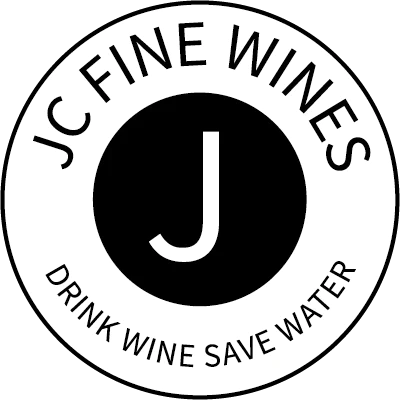The RP Pinot Noir (RP – Robyn Pamela) is in recognition of the matriarch. It is not only the support and goffering that Robyn has endured for Gary’s 40 year career. She has been in the vineyard and planted the first vines, driven the tractors, filled barrels and pigeaged at midnight. If we are ever a man down Robyn has always been the first one we have called to fill the void no matter the job, no matter the time of day. You can always count on mum.
The fruit for this wine is sourced from the Cote Vineyard as is the GC Chardonnay. A close planted / high density planting of Pinot Noir on a exposed cote. These hillsides facing North, North East and East will be the backbone of the Farr dynasty for decades to come.
They consist of the most suitable clones, rootstocks, trellising and management you fill find for our landscape. This is our tribute to what ‘Gazza’ has achieved and provoked over 40 years not only in our region but for chardonnay and pinot noir of Australia.
The North cote is a red to brown loam with buckshot stones across the surface. The most exposed of the three cotes but is harvested last of all because of the large amount of clay, holding valuable moisture for a long longer time than the other slopes.
The North East cote is a continuation of buckshot until the soil becomes black and lined with limestone moving towards the bottom of the rows and a depression that divides limestone from sandstone. At the highest point of the vineyard you will find small amounts of sandstone in the grey sandy loam.
The East cote is divided through the center of the slope by a rise. Black volcanic soil with fragmented limestone in one direction and grey loam with buckshot stones in the other direction. Soil is King as the East cote has the least amount of clay and therefore water holding capacity resulting in it being harvest first even though it is the coolest cote of the three.
Vinification
The fruit is hand-picked and sorted in the vineyard, then fermented in an open-top fermenter. Between 40 to 50 per cent of the fruit will be stemmed and then cold soaked for four days. We use only the natural yeast for the fermentation process, which takes roughly 19 days. Grape-stomping (known as pigeage) will occur two to three times a day depending on the amount of extraction required, and the wine is then placed in 50 to 60 per cent new Allier barrels by gravity. It is racked by gas after secondary fermentation, then again at 18 months to be bottled.
Tasting Notes
This wine is pretty and so very perfumed. The cote sites simply produce amazing smoothness and calmness that stretches the length of the palate as with the GC. Abundance of fruit leading to fine and detailed tannin structure. We have been playing with the fruit from these vineyards for more than 8 years, fine tuning the style of wine that these vineyards are producing. To Robyn, Cheers.


